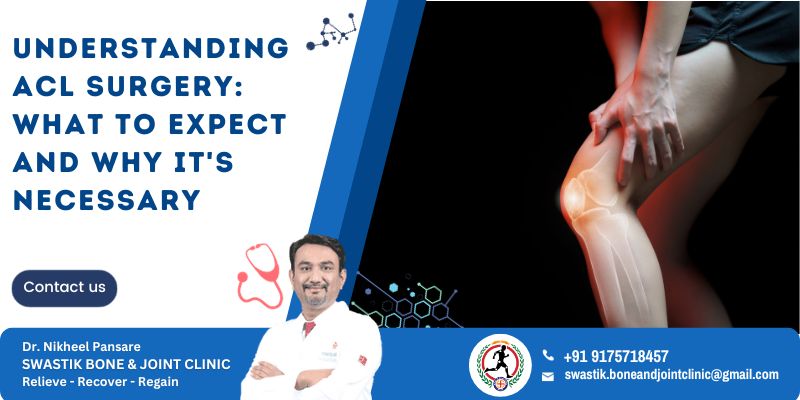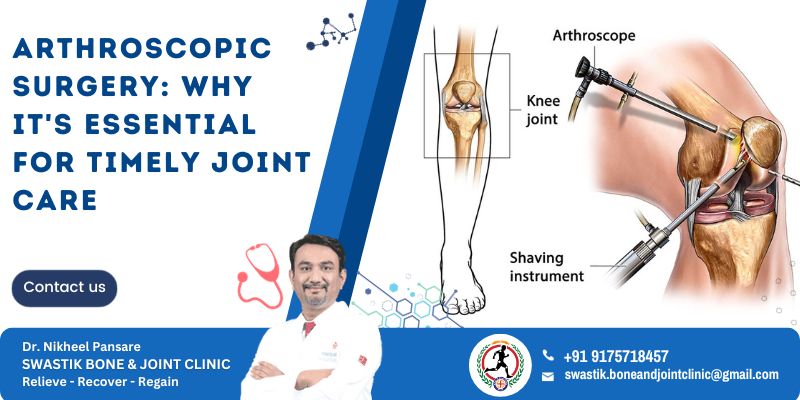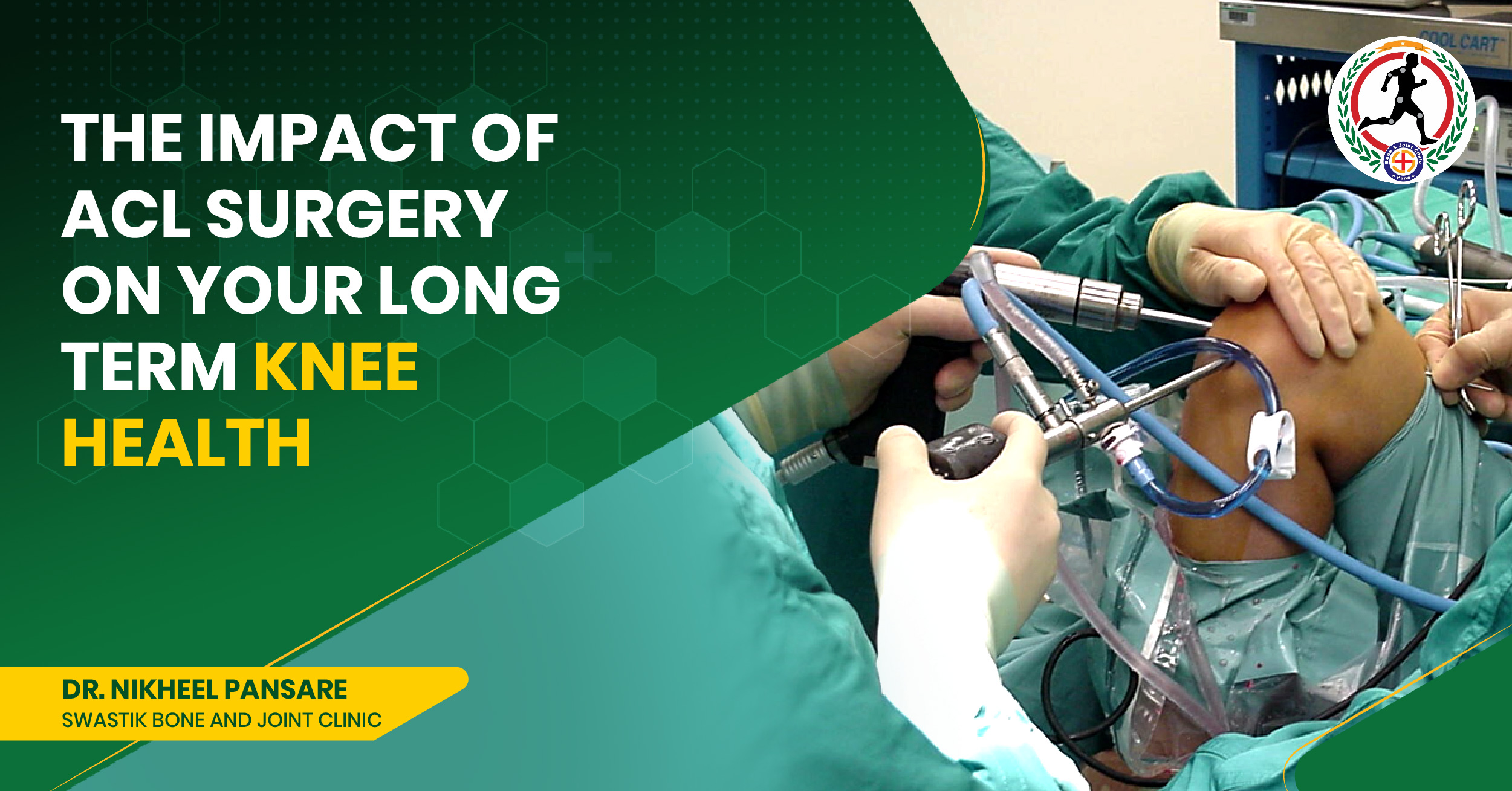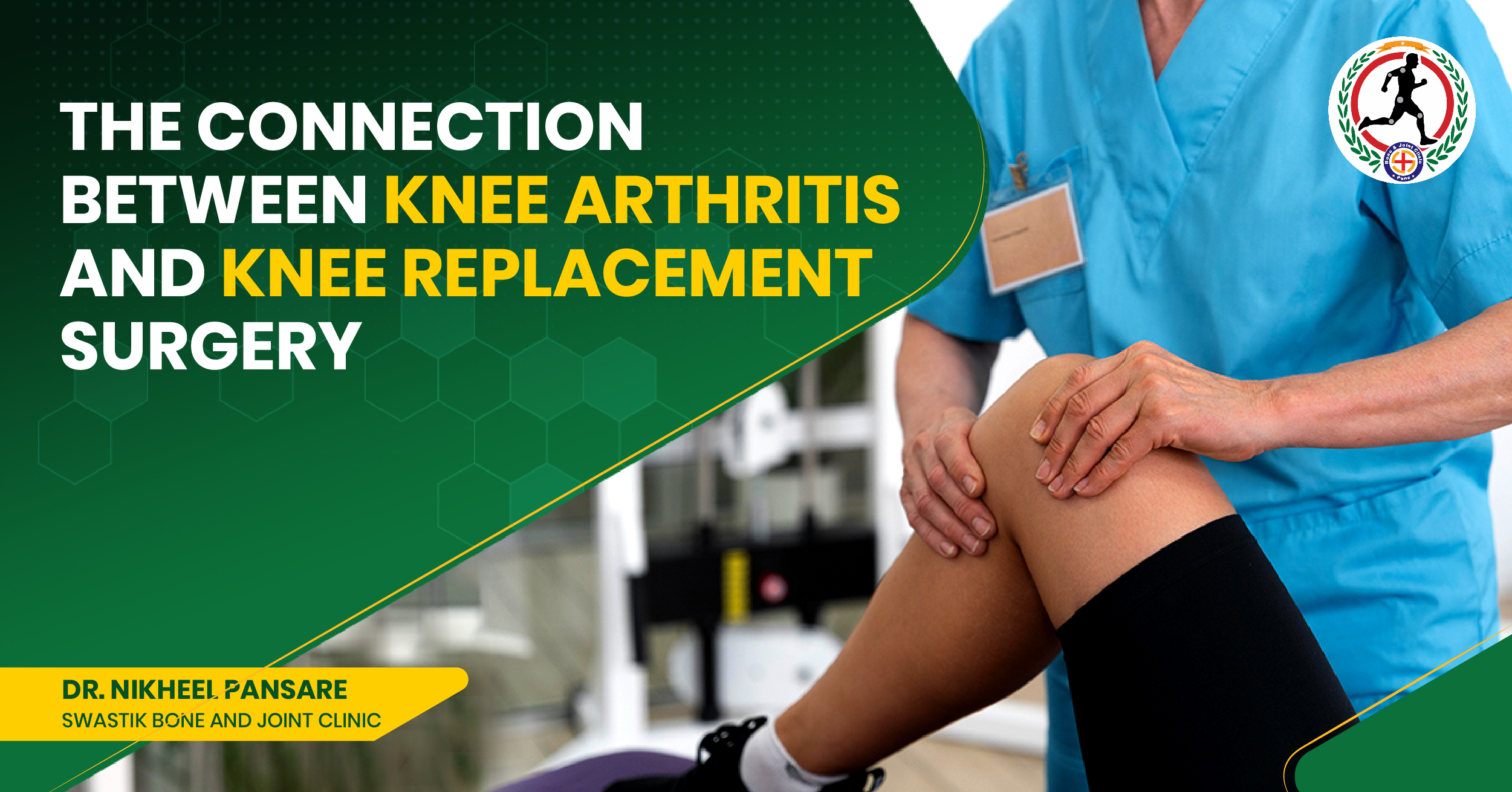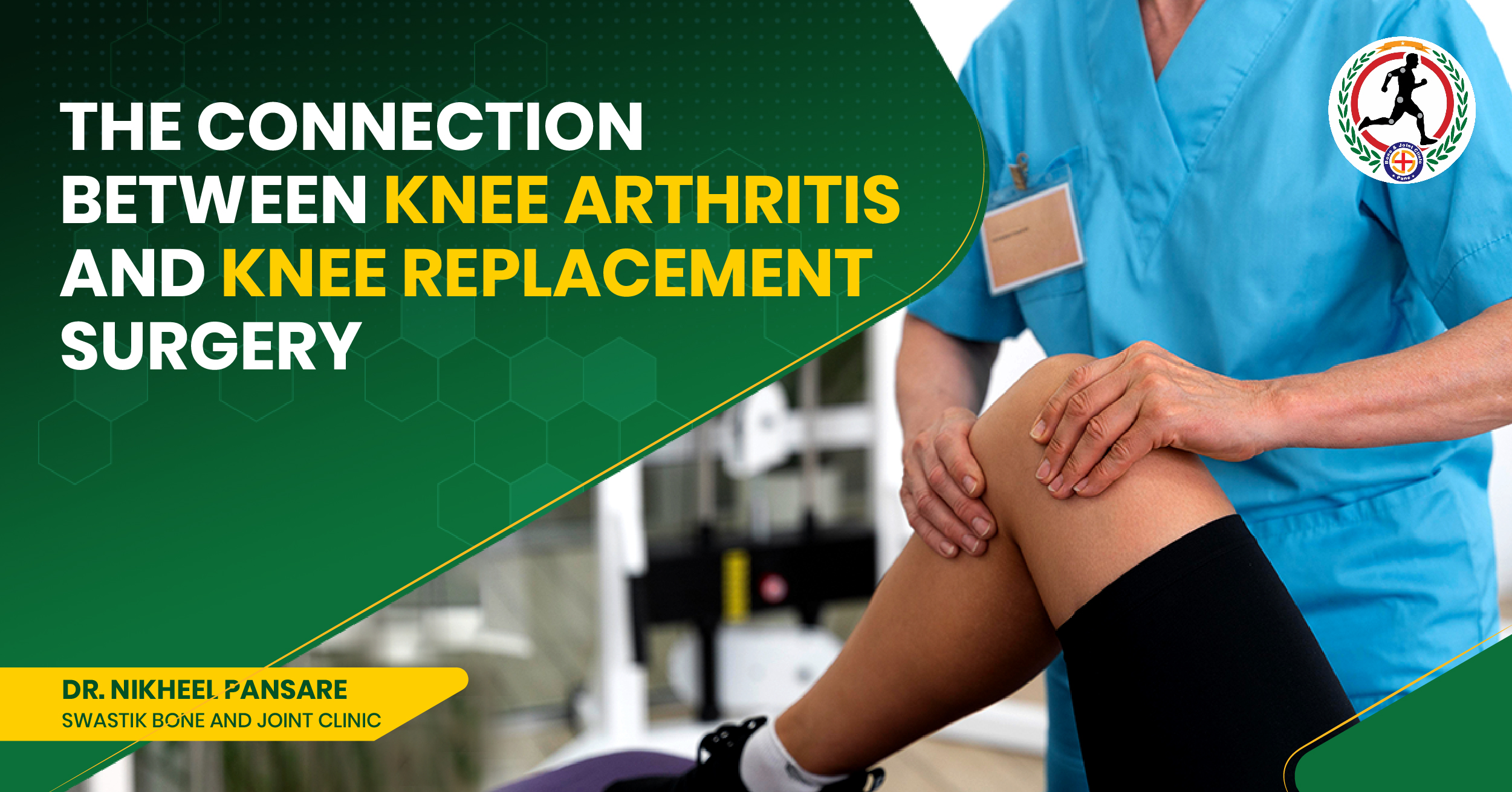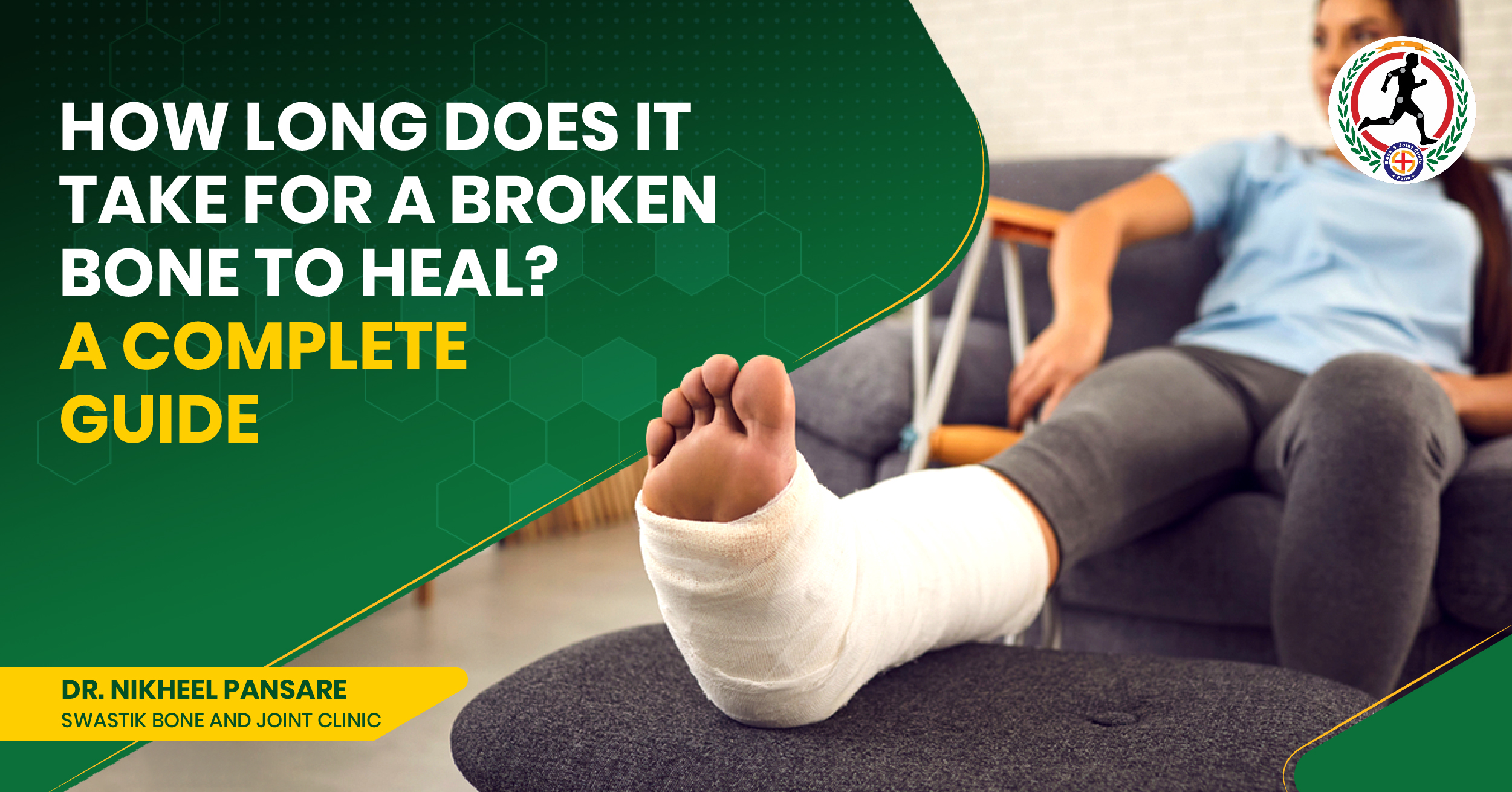Knee arthritis is one of the most common causes of chronic knee pain and mobility issues. As the condition progresses, it can significantly impact a person’s quality of life, making even simple activities like walking or climbing stairs difficult. When conservative treatments such as medications, physical therapy, and injections fail to provide relief, knee replacement surgery becomes a viable option for restoring mobility and reducing pain.
Understanding Knee Arthritis
Knee arthritis occurs when the cartilage that cushions the knee joint wears down over time, causing pain, stiffness, and inflammation. The most common types of knee arthritis include:- Osteoarthritis (OA) – A degenerative joint disease that primarily affects older adults due to wear and tear.
- Rheumatoid Arthritis (RA) – An autoimmune condition that leads to joint inflammation and damage.
- Post-Traumatic Arthritis – Develops after a knee injury or fracture.
When Is Knee Replacement Surgery Recommended?
If non-surgical treatments fail to manage pain and improve mobility, knee replacement surgery may be the best solution. It is recommended in cases where:- The pain is severe and persistent, even at rest.
- There is significant joint stiffness that affects daily activities.
- Deformities, such as bowing of the knee, are present.
- Other treatments like medications and therapy have not provided relief.
How Knee Replacement Surgery Helps
Knee replacement surgery involves removing the damaged cartilage and bone and replacing it with an artificial implant. This restores smooth joint movement, eliminates pain, and improves function. The benefits include:- Long-term pain relief
- Improved mobility and flexibility
- Ability to resume daily and recreational activities
- Enhanced overall quality of life


